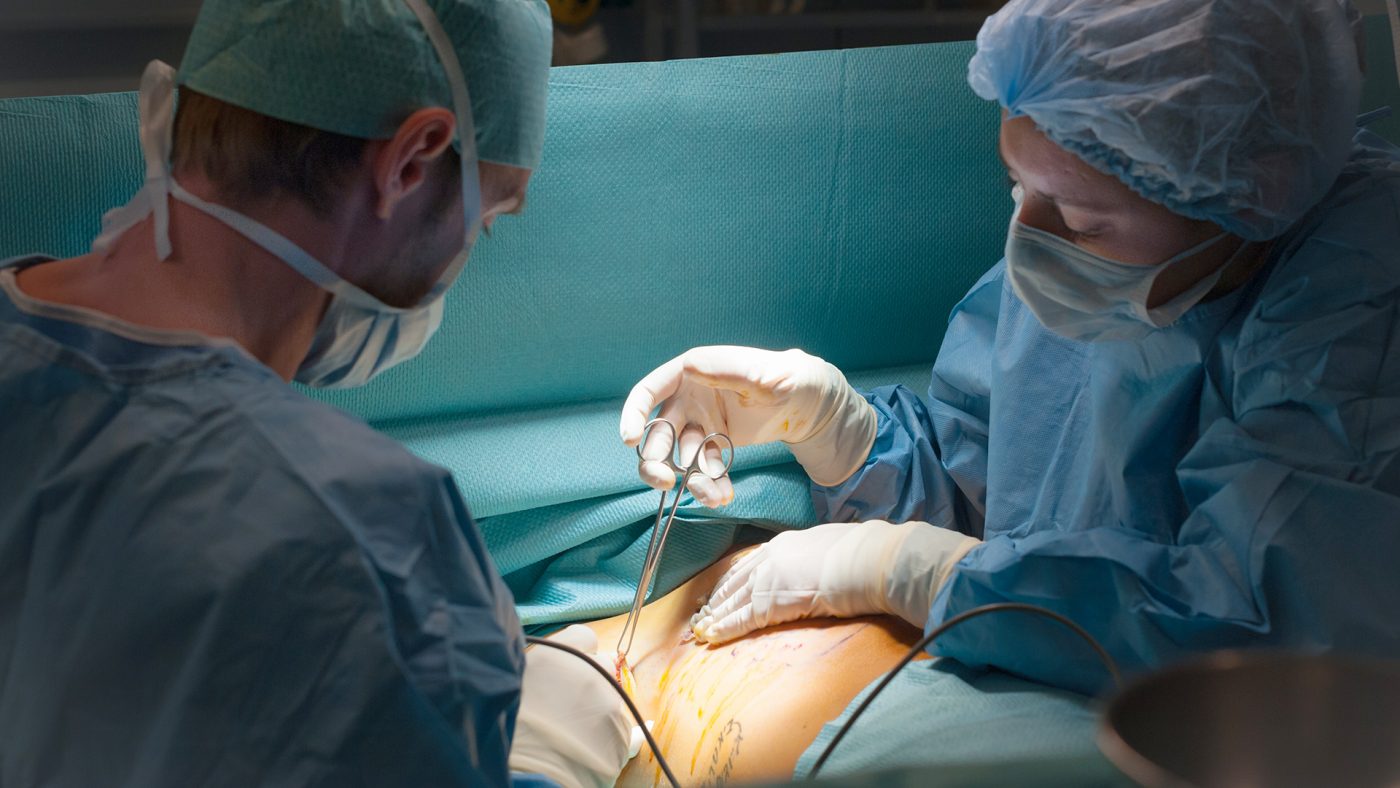The British government is drawing up plans for a compulsory register of medical implants after an International Consortium of Investigative Journalists investigation exposed weaknesses in the regulation of devices placed inside millions of patients across Europe.
The move follows a similar proposal from German health ministers in January. Both initiatives were prompted by ICIJ’s Implant Files investigation.
The U.K. plans were revealed during a short parliamentary debate last week when opposition politicians called on health minister Jackie Doyle-Price to respond to the Implant Files investigation by introducing a compulsory register of all implanted devices — as recommended by the Royal College of Surgeons.
“This is a matter already under consideration by the Department [of Health and Social Care], and it’s linked to our wider digitization of agenda for the NHS [National Health Service],” said Doyle-Price. “We have the technology, so we should use it in the interests of patient safety.”
Admitting that patients had been let down over many years, she added: “I think it fair to say, perhaps in the past, regulation has focused excessively on what was in the interests of businesses and [on] maintaining competition rather than [having] patient safety at its heart.”
Doyle-Price was responding to questions from members of parliament from different political parties, who raised concerns on behalf of constituents whose lives had been blighted by dangerous medical devices.
The MPs spoke during a debate on medical device regulation, called by Labour Party’s Owen Smith, a former lobbyist for drug firms Pfizer and Amgen who, since entering politics, has been a leading campaigner on behalf of women left in agony by vaginal mesh implants gone wrong.
At the peak of their popularity in 2008, mesh implants were used to treat about 14,000 women in the U.K. for urinary incontinence or organ prolapse, Smith told parliament.
The use of these implants was temporarily suspended in the U.K. in July last year at the request of a government-commissioned committee carrying out a review of the safety of mesh products. The committee is due to report its findings later this year.
Recognizing that the controversy around mesh is common to many medical devices licensed for use under European Union rules, Smith said, “The problem is best summed up, not in my words, but by those of the Royal College of Surgeons who said … in response to a very big journalistic investigation that we need to see in our country urgent and drastic regulatory reform. In particular, we need to start with the creation of a compulsory register for all new devices that go into patients in the U.K.”
Contacted by ICIJ, a spokesperson for the Department for Health confirmed that “the scope and structure of a national registry” were under consideration but added, “When and how this might be delivered is subject to significant development.”
Professor Carl Heneghan, professor of evidence-based medicine at Oxford University, said the prospect of a compulsory implant registry was a “huge step for patient safety”.
Folks you should watch this @JackieDP stated @OwenSmith_MP provided a ‘comprehensive critique’ of the problems with medical devices. Hell yes, and the gov’t is listening and will establish a national registry of devices and procedures – huge step for patient safety https://t.co/ENRQwBLaLU
— Carl Heneghan (@carlheneghan) 12 February 2019
The Implant Files investigation was carried out by 58 partner news organizations in 36 countries and revealed how many multinational manufacturers routinely used Europe as a testbed for unproven pacemakers, breast implants, heart valves, artificial hips and other devices — some of which later proved dangerous.
Responding to reporting by ICIJ and its partners, Professor Derek Alderson, president of U.K.’s Royal College of Surgeons, said, “There have been sufficient number of incidents to underline the need for drastic regulator changes.” He said existing light regulation presented a “risk to patient safety and public confidence.”
“All implantable devices should be registered and tracked to monitor efficacy and patient safety in the long-term,” he argued.
The U.K. already has registries for some types of implants, including artificial hips and knees. Efforts to set up a similar register for breast implants have had limited success.
During last week’s parliamentary debate, Owen Smith criticized EU regulations, which he said did not adequately protect patients. As well as calling for a register of implants, Smith urged ministers to consider tougher licensing requirements for new medical implants.
In response, Doyle-Price noted that the U.K. was due to leave the EU in March, providing an opportunity to strengthen regulation without consulting other European member states.
However, she conceded many of her pro-Brexit colleagues in the Conservative Party believe that, once out of the EU, Britain should dilute or abandon many EU regulations in the stated belief it would allow businesses to innovate and grow.
Speaking to a conference of device manufacturers last year, one of the U.K.’s top regulators said he believed Brexit would, in fact, present an opportunity for the U.K. to drop some aspects of the EU’s regulations and adopt a more industry-friendly regime.
Graeme Tunbridge, group manager of device regulation at the U.K.’s Medicines and Healthcare products Regulatory Agency, said, “I think longer term we do need to think about how we develop something that looks a little bit more unique and a little bit more different and starts to espouse some of the differences and some of the positive things that the U.K. can bring to regulation … In the EU, the pendulum has swung towards strict regulation… So I think Brexit does leave us with some opportunities. And I’m very excited about the prospect of that going forward.”







